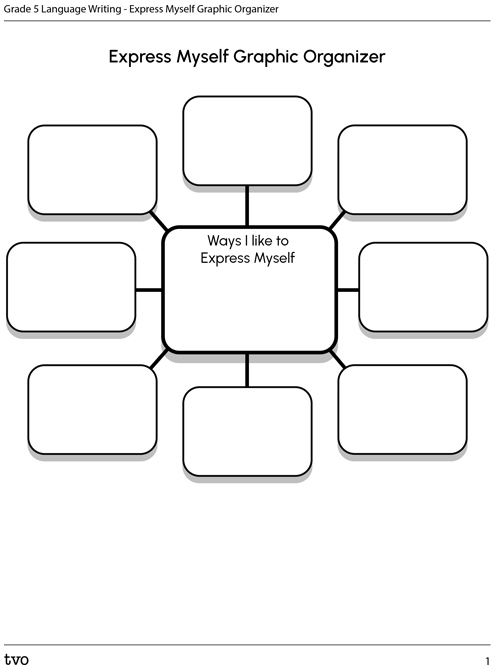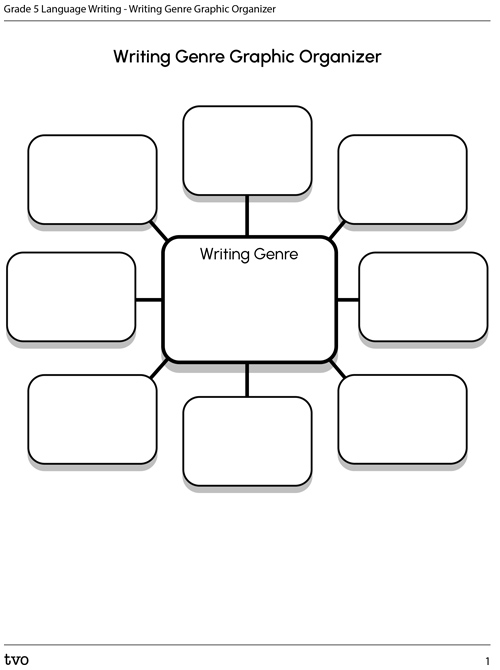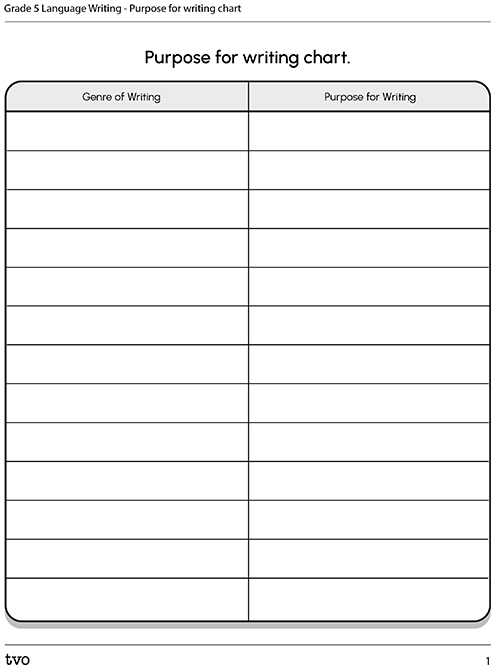Minds On
Spoken word and slam poetry
Poetry is a type of literature, or writing, that attempts to play with a reader's imagination or emotions. Spoken Word refers to poetry that is written for performance. People write poems to express their thoughts and feelings about a topic and then perform the poems in front of an audience.
Brainstorm any times that you have experienced poetry being performed in person or in media (TV, movies, music videos, award shows, podcasts, special performances, concerts, etc.). Why do you think an author would create poetry to be performed? How might poetry for performance be different than poetry that is created to be read? How might it be similar? Record your thoughts digitally, orally or in print.

Spoken word poetry is one way for a poet to express themself. How do you like to express yourself? What thoughts and feelings do you want others to know about you? What issues are important to you? Why is it important for others to know?
Create a list of ideas and thoughts that are important to you, and that you want others to know about you. You could record emotions you are feeling or issues you want to share with others. For example: I am concerned about our planet and about things I can do to help save it. I want others to understand my passion. Or, when I have lots to think about, I like to find a quiet place to be alone.
Use the following Express Myself Graphic Organizer to record your thoughts or use another method of your choice.

Press the Activity button to access Express Myself Graphic Organizer.
Activity (Open PDF in a new tab)Action
Ways to express yourself: spoken word
Spoken word is a type of performance art where speakers share their thoughts on particular topics for a live audience. It doesn’t have to rhyme, but sometimes the poet uses rhyme to emphasize something or draw the audience in. The poems are rhythmic and musical in the way the words are arranged and presented. Focus is placed on the elements of sound and presentation.
Spoken word poetry is another way to expressing ourselves. It is a way to share with others when we feel strongly about an issue, when we need to communicate an important message and when we want to be understood.

Reflect on the ideas you brainstormed in the Minds On section. Which of those ideas could you use to create a spoken word poem? Are there other ideas that you have thought about? Record your thoughts in the Ideas for Spoken Word Poetry Graphic Organizer fillable and printable document, or using another method of your choice.

Press the Activity button to access Ideas for Spoken Word Poetry Graphic Organizer.
Activity (Open PDF in a new tab)Plan your poem
The following steps will help you to plan out your spoken word poem, using the ideas you brainstormed earlier. Before you start to write your poem, consider the following steps to help get you organized and ready.
Sample chart:
| Things to consider | Ideas |
|---|---|
| Topic | |
| First line of the poem or ideas to start | |
| Ideas for vivid language | |
| Things I want to include in my poem | |
| Possible ending |
Record your ideas using the Planning My Spoken Word Poem Chart fillable and printable document, or another method of your choice.

Press the Activity button to access the Planning My Spoken Word Poem Chart.
Activity (Open PDF in a new tab)Consolidation
Your turn!
It’s now your turn to create a spoken word poem. Your poem should be at least 8 to 10 lines long.
You can use the ideas you brainstormed in the Action section, along with the planning you did, or refer to the following Idea section and choose a new topic for your poem. Since spoken word poetry is a type of free verse, don’t worry about rhyming.
Idea/poetry topics


- Save Our Planet
- We Are All the Same
- Reduce, Reuse, Recycle
When you are done, practice reading your poem out loud. If possible, share your poem with someone. Remember to focus on enthusiasm and expression. Try sharing your poem in a way that expresses your feelings about the subject of your poem. This is your opportunity to express yourself.
Proofreading checklist
Use the following checklist to reflect on your work.
| Success Criteria | Yes | No | Corrected |
|---|---|---|---|
| My poem expresses things that are important to me. | |||
| My poem follows the conventions of free verse. | |||
| My poem uses punctuation in a way that helps to communicate my meaning. |
Press the 'Activity' button to access the Proofread Checklist.
You may wish to keep a copy of the checklist as a reference.
Think about your learning
How did exploring spoken word poetry, both by presenting and experiencing others' poems, help your development as a writer? What are some things you learned that you can apply to your writing in general?
Reflection
As you read through these descriptions, which sentence best describes how you are feeling about your understanding of this learning activity? Press the button that is beside this sentence.
I feel...
Now, record your ideas using a voice recorder, speech-to-text, or writing tool.